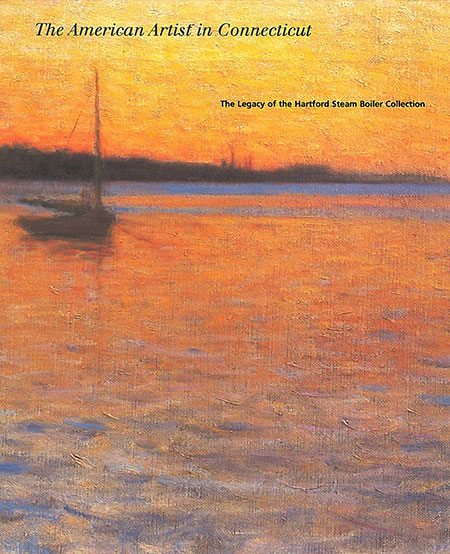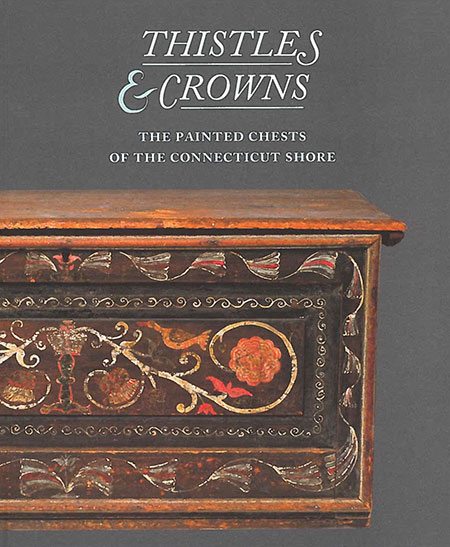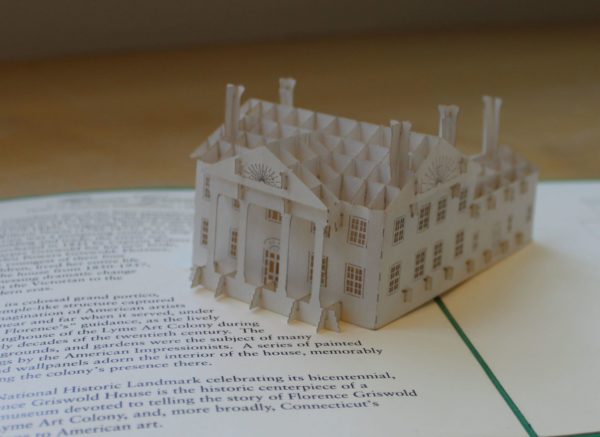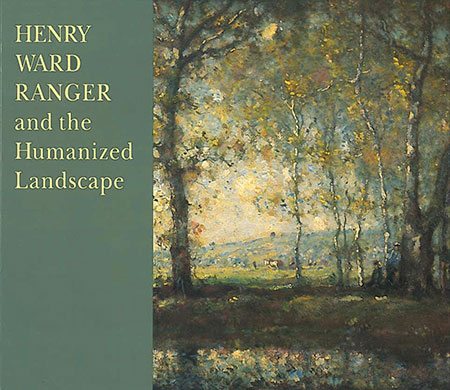Shop
All Products
Flora/Fauna: The Naturalist Impulse in American Art
Flora/Fauna: The Naturalist Impulse in American Art
By Jennifer Stettler Parsons with essays by Ellery Foutch and Amy Kurtz Lansing
$24.95 (cover image: Harry Hoffman, A Coral Cave)
Softcover: 120 pages
Publisher: Florence Griswold Museum
ISBN-13: 978-1-880897-30-0
Product Size: .33 x 9 x 10.75 inches
At the heart of the Florence Griswold Museum’s collection stands a tall mahogany chest containing twenty-eight drawers filled with treasures. The contents make up the naturalist collection preserved by the American Impressionist Willard Metcalf, who gathered many of his specimens during summer visits to Florence Griswold’s boardinghouse between 1905 and 1907. Inspired by the Museum’s extensive collection of his work, this exhibition places Metcalf’s dual practice of art-making and natural history within the larger context of American art history. Flora/Fauna surveys the history of artist-naturalists and environmentally-conscious artists in the United States from the dawn of the 19th century through the mid-20th century. Together, their works reveal the great diversity and evolution of the ‘naturalist impulse’—the artist’s interest in natural history—across time.
Since the country’s founding, artists have participated in forging an American natural history as explorers, collectors, close observers, cataloguers, and early environmentalists. They originated, developed, and challenged notions of nature’s proper scientific and aesthetic representation, and then translated those concerns into fine art. Stemming from the Lyme Art Colony’s history, a large portion of this display emphasizes art produced in Connecticut. This vantage point is appropriate, for one of the main factors motivating urban artists’ visits to rural Connecticut was the opportunity to commune with nature, often at art colonies.
This exhibition is a timely endeavor as we think about our role on this fragile planet, and what we leave for future generations. Works in the exhibition reveal how artistic production has corresponded with social developments in American history, from an early concern with establishing a national identity distinct from Europe; to reflecting Americans’ shifting philosophies on evolution and the human relationship to the environment; to the growth of the conservation movement in the United States.
$24.95





